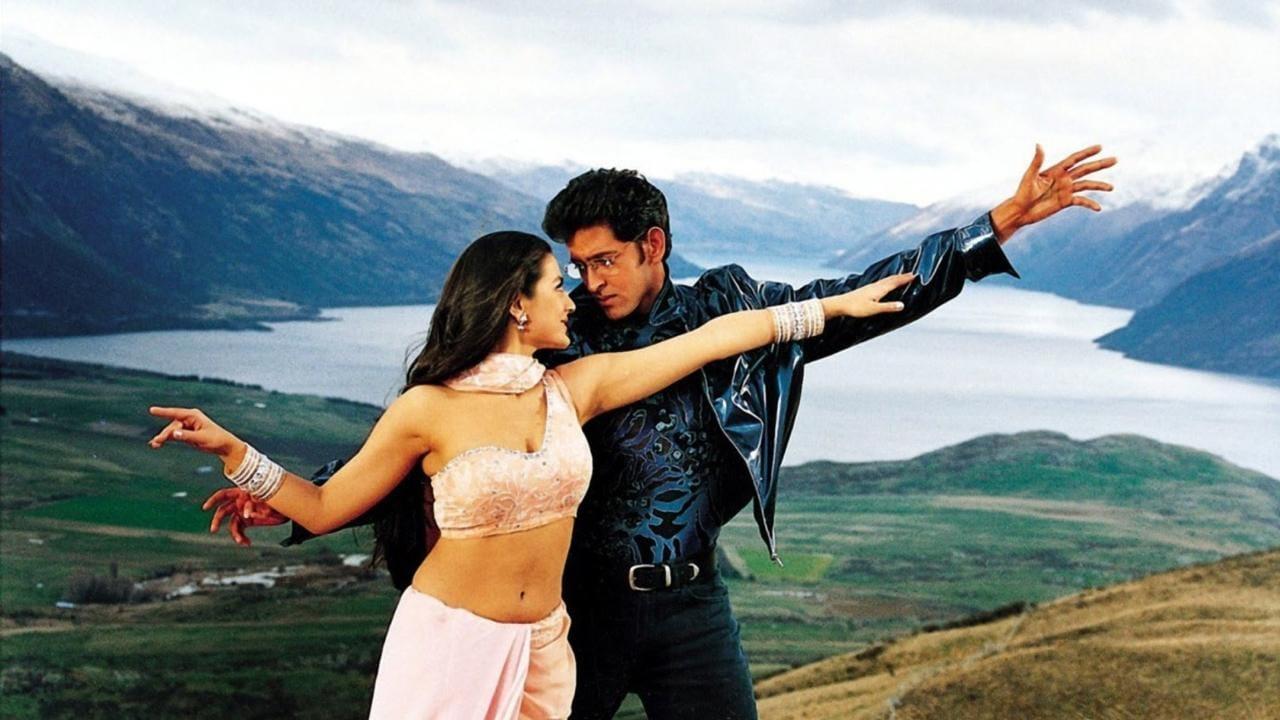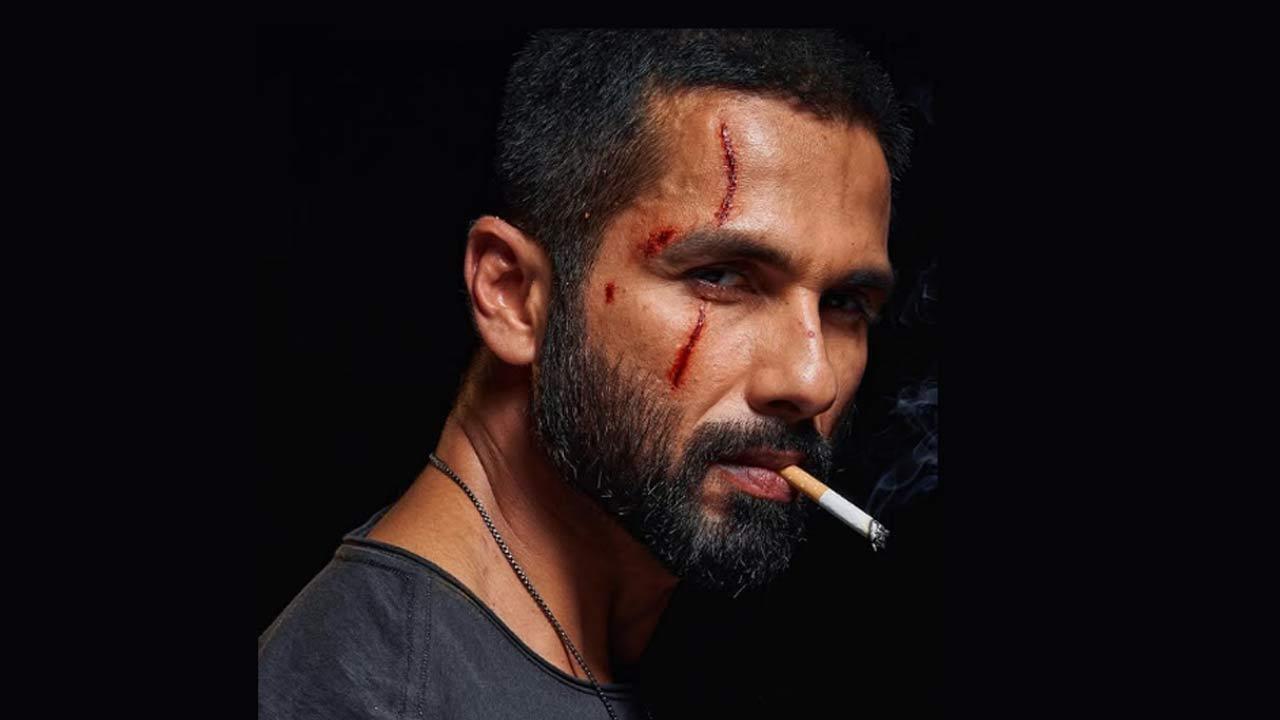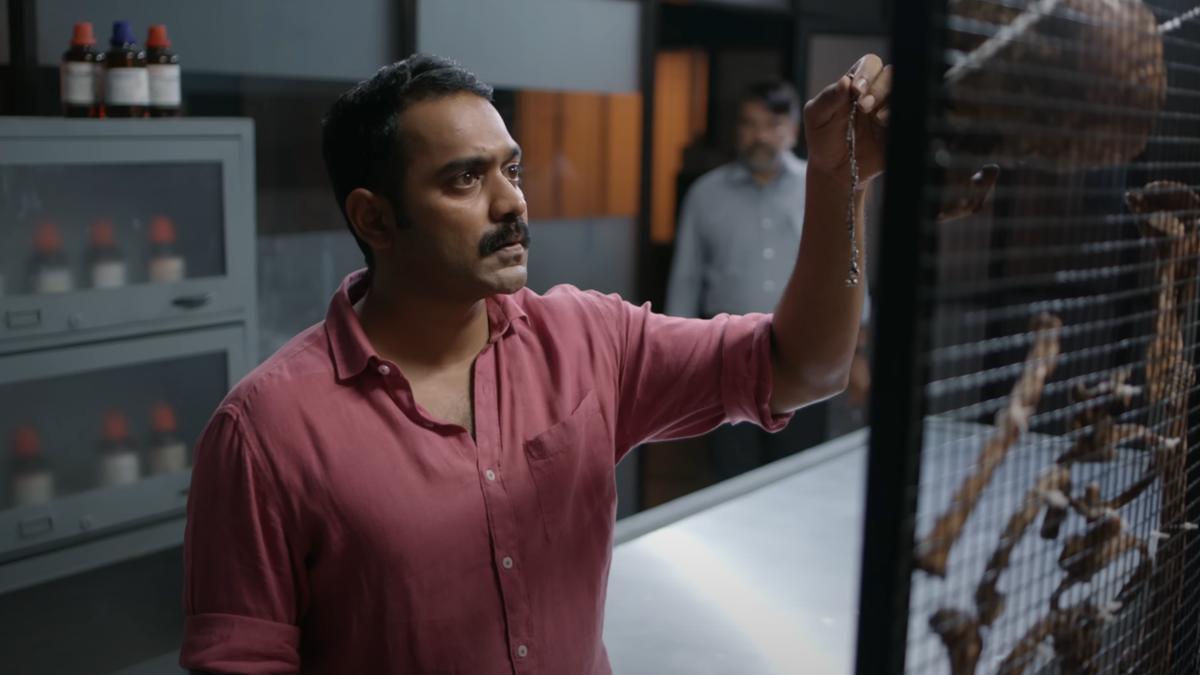
On December 31, 1999, as the world eagerly prepared to welcome the new millennium, Indian Foreign Minister Jaswant Singh found himself aboard a flight to Kandahar, Afghanistan, with three of the most dreaded terrorists that had previously been incarcerated in Indian prisons. These terrorists were part of a high-stakes exchange deal involving 176 passengers and crew members of Indian Airlines flight IC 814, which had been hijacked just eight days earlier after taking off from Kathmandu.
The hijacking of IC 814 and the subsequent capitulation of the Indian government to the terrorists’ demands have been subjects of intense debate and analysis both in academic circles and popular culture. The incident has long been compared to the parable of the ‘blind men and the elephant,’ with each version offering a different perspective on the convoluted sequence of events. This week, acclaimed writer-director Anubhav Sinha revisits this historic hijacking through his socio-political lens in a gripping new series that deftly combines cutting-edge technological effects with a riveting narrative to delve into the layers of the longest hijacking in Indian aviation history.
While the series is portrayed as a work of fiction, it draws heavily on real-life events, providing an action-packed rendition of the harrowing episode. Based on Captain Devi Sharan’s account in his book “Flight Into Fear,” the series transcends the brave pilot’s perspective to offer a more comprehensive view of the geopolitical landscape in the post-Pokhran and post-Kargil War period. Anubhav Sinha skillfully manages to paint a compelling narrative that provides viewers with a nuanced and engaging look into the incident.
Different perspectives unfold without forcing a single viewpoint on the audience. For Indian nationals, the lives of 200 passengers and the shameful branding of India as a ‘soft state’ hung in the balance. In the eyes of Masood Azhar, the top terrorist in the exchange deal, all of Afghanistan and Palestine felt like a captive state. Meanwhile, the terrified hostages merely wished to reunite with their families before the dawn of the new millennium. The series acknowledges and respects various perspectives while also calling out hypocrisy and bigotry with a syntax that is as sharp as it is witty.
Anubhav Sinha is known for his knack for blending realism with drama, as seen in his previous works such as “Article 15” and “Anek.” The ensemble cast puts on a stellar performance, enabling Sinha to create a more refined portrayal of Indian democracy during the coalition era. The clipped conversations, pragmatic nationalism, diplomatic maneuvers, and subtle power plays between various security agencies are delivered with a ring of authenticity. The series meticulously delineates the differences in how officials from different government departments within the Crisis Management Group responded to the crisis based on their job nature, hierarchy, and social backgrounds, ensuring no sense of dissonance.
With the spotlight on the war room’s tense environment, the series underscores the vital difference between a job and a duty. It highlights how passing the buck during a crisis only complicates the situation. The narrative subtly points out that Afghanistan wasn’t the only entity with multiple stakeholders—India also had diverse voices that needed time to unify for a common cause. It adeptly showcases that while selling Pakistan’s betrayal was an easy task for media mileage, the geopolitics were far more intricate. Personal interests sometimes overshadowed political sagacity within the grand scheme of things.
There’s plenty of entertaining subtext that will make audiences both think and laugh. For instance, debates over coffee and tea take on larger symbolic meanings.
. In one memorable scene, when the Captain cleans the toilet line, it stands as a metaphor for his call to duty. Similarly, the condescending officials grappling with Indian toilets in Taliban territory provide both a comedic and thought-provoking moment.
Even while laying out a strong procedural framework, Anubhav Sinha doesn’t neglect the human drama or his hallmark sardonic humor. The series manages to avoid overly dramatizing the tragic situation to manipulate viewers’ emotions. The VFX team plays a crucial role, seamlessly integrating archival footage and computer-generated imagery to provide an immersive viewing experience. The combined efforts of cameramen Ewan Mulligan and Ravi Kiran Ayyagari ensure a visually engaging narrative.
The series impressively balances emotion and action, taking viewers by surprise despite the prevalence of hijack-themed stories in Hindi cinema. Vijay Varma is a perfect fit for the role of the courageous Captain Devi Sharan, delivering a performance that conveys a wide range of emotions within the confined space of an airplane cockpit. His portrayal is heroic without being ostentatious, making him the heartbeat of this taut series.
If Vijay Varma is the heart, the mind of the series is the thoughtfully curated ensemble cast led by Pankaj Kapoor. Pankaj brings depth to the role of Foreign Minister Vijaybhan Singh, tasked with leading the diplomatic front. Manoj Pahwa stands out with his portrayal of a gritty intelligence official whose negotiations with the hijackers bring moments of levity. His role, despite a bulky frame and some humorous physical limitations, adds an aggressive edge to the unfolding drama. The interactions between Pahwa and Arvind Swamy, who convincingly plays an MEA official from South Block, are among the highlights of the series. With strong performances from actors like Kumud Mishra, Naseeruddin Shah, Kanwaljeet Singh, Aditya Srivastav, and Dibyendu Bhattacharya, the series is laden with memorable moments. Female cast members, particularly Patralekhaa and Additi Gupta, also make a significant impact.
There are areas in the series where Anubhav Sinha seems to pull back after drawing from real events, creating his nuanced version of the story. Despite featuring over a hundred characters, it noticeably omits discussions about the roles of the then Home Minister and other ministers in the Crisis Management Group. The series safely centers around the foreign minister, and though the disclaimer states that the names have been creatively reimagined, it’s clear that while Indian political figures’ names are changed, those of terrorists and their handlers are either retained or closely resemble their real-life counterparts.
A notable shortfall is the casting of comedian Rajeev Thakur as the chief hijacker. His performance, intended to introduce a maniacal misfit to the story, fails to incite the intended fear. The conversation surrounding the dichotomy between print and electronic media, though timely, lacks the depth expected from a series that is otherwise measured in its execution.
Overall, ‘IC 814: The Kandahar Hijack,’ now streaming on Netflix, stands as an engrossing blend of history, drama, and political intrigue that does justice to its real-life inspirations while offering a thought-provoking viewing experience.










